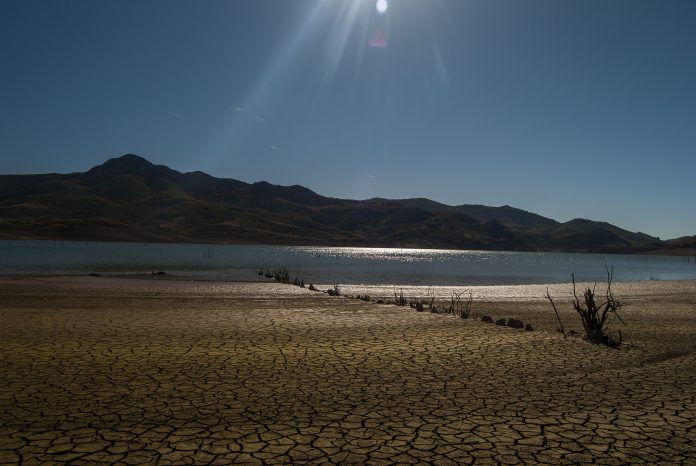The European Commission is committed to providing practical support to the farmers affected by drought this summer. Additional flexibility will be granted to provide sufficient feed to their animals.
The Commission on August 30 presented an additional package of actions aimed at increasing the availability of fodder resources for livestock, one of the main challenges faced by farmers dealing with the impact of drought. This package complements the measures already announced early August.
“The Commission reacted swiftly to the first signals of these extreme climatic events and I keep following the situation closely,” said Commissioner for Agriculture, Phil Hogan. “I am in contact with ministers from affected Member States as we are assessing the adequacy of the actions already in place. We are today taking additional action which I believe should provide relief to European farmers against the shortage of feed for animals. I welcome the recent announcements by several Member States ready to act for their agricultural sector, and I will continue working with them to ensure they use to the full extent the possibilities available, most notably within the Common Agricultural Policy.”
According to a Commission press release, these proposals come in addition to the provisions already available for such circumstances. For example, under existing state aid rules, aid of up to 80% of the damage caused by drought (or up to 90% in Areas of Natural Constraint) can be provided, subject to certain specific conditions. The purchase of fodder can qualify for aid as either material damage or income loss. Compensation for damage can also be granted without the need to notify the Commission (the so-called “de minimis aid”) with amounts up to €15,000 per farmer over three years. Relief possibilities also exist under rural development, including the financing of re-seeding of pastures for example or compensation for loss of income.
In a separate report, Bloomberg noted the dairy industry could face further problems even with more favourable weather, because the heat can impact bovine fertility, the scale of which won’t be clear for nine months, said Chris Gooderham, a dairy analyst at the UK’s Agriculture and Horticulture Development Board.
“This is all going to lead to a financial crisis in the Irish dairy sector unless we see significant upward momentum in the product price,” said John Robinson, a dairy farmer with 130 cows in County Kilkenny in Ireland’s southeast. “Christmas could be fairly bleak.”

